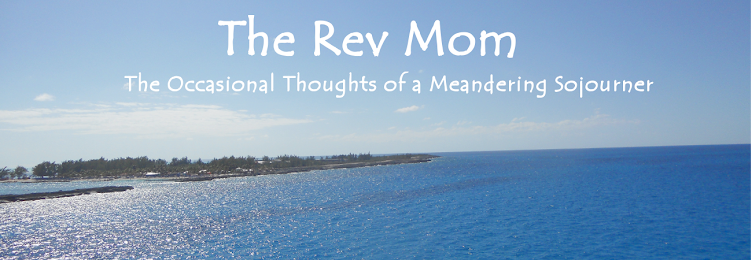
I don’t know about you, but I’m really tired. It feels like no matter how hard I try, I cannot get ahead, cannot even keep up with some things. There are so many things that call out for my attention. So many special interests are vying for my energy. There never seems to be enough {{fill in the blank here}}. Not enough sleep, time, people… you get the idea.
“Not Enough” is a mindset our culture has been ingrained into our thinking. It is the basis of our economy: there’s not enough to go around so the maximum profit can be made by sellers because we’ll always want for more; we don’t want to fall behind. This mindset is the basis of our self image: we can never be enough. We’re never good enough, pretty enough, smart enough, efficient enough, thin enough, fit enough, strong enough, successful enough. If we fall short, the culture shames us with its stress on being better than ordinary. So we say “yes” to doing and having as much as possible so we don’t suffer the “shame of failure.” This mindset of scarcity feeds our greed, our jealousies, our prejudice, and our struggles in living.
This scarcity mindset undermines the work of the Body of Christ. Frankly, we become exhausted when we hear the call of the church to be more hospitable, do more in the community, feed the hungry, house the homeless, or free the oppressed. We long for more community and deeper connection with God and with one another. But we just don’t have time or energy to do anything more. We feel depleted, exhausted, run down, tired, stressed, and overextended. We are so controlled by the scarcity mindset of the culture around us that being a disciple of Jesus is just too overwhelming of a prospect.
If nothing else, Jesus was a counter culture revolutionary. He stood up against the demeaning and belittling habits of the culture so as to bring people wholeness and fullness of joy. His ministry and his teaching were about building up, supporting, and strengthening individuals in a culture that ostracized and devalued those who were not perfect in the eyes of the culture. He did this by valuing them exactly as they were, for who they were.
Friends, it is past time for us to stand up to the cultural mindset of scarcity. We do not need to be successful by the culture’s standards; we do not need to measure up to the market’s standards of prosperity. The way out of scarcity thinking is Sabbath Rest. I’m not talking about sleeping through church! I’m suggesting that we need to say, “NO!” to the cultural rat race that feeds of fear of failure and of falling behind. We need to learn to say “NO!” to doing one more thing that does not build us up as disciples, that does not help to build the Realm of God on Earth. We need to practice saying, “NO!” to those things that exhaust us and not nourish us, things that manipulate our self esteem, things that do not lead us to wholeness.
As we move into Lent, I invite you to take Sabbath with me. Let us take a sacred pause and find new habits. Let us seek together the Joyful Kingdom of God and find the deep joy of following Christ. I pray you’ll find in this Lenten season fruitful, spirit feeding opportunities to grow in faith.
[1] Walter Bruggemann: Sabbath as Resistance: Saying No to the Culture of Now. Louisville: Westminster John Knox Press, 2014.



